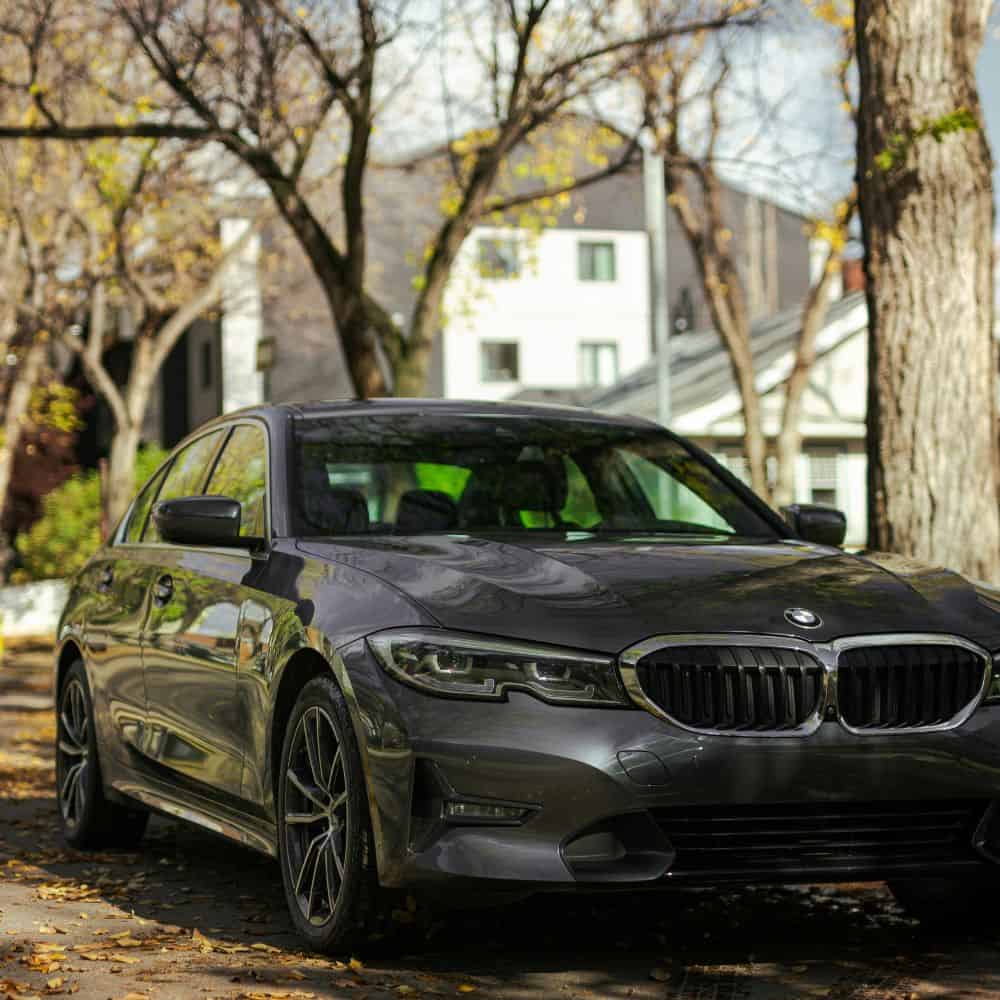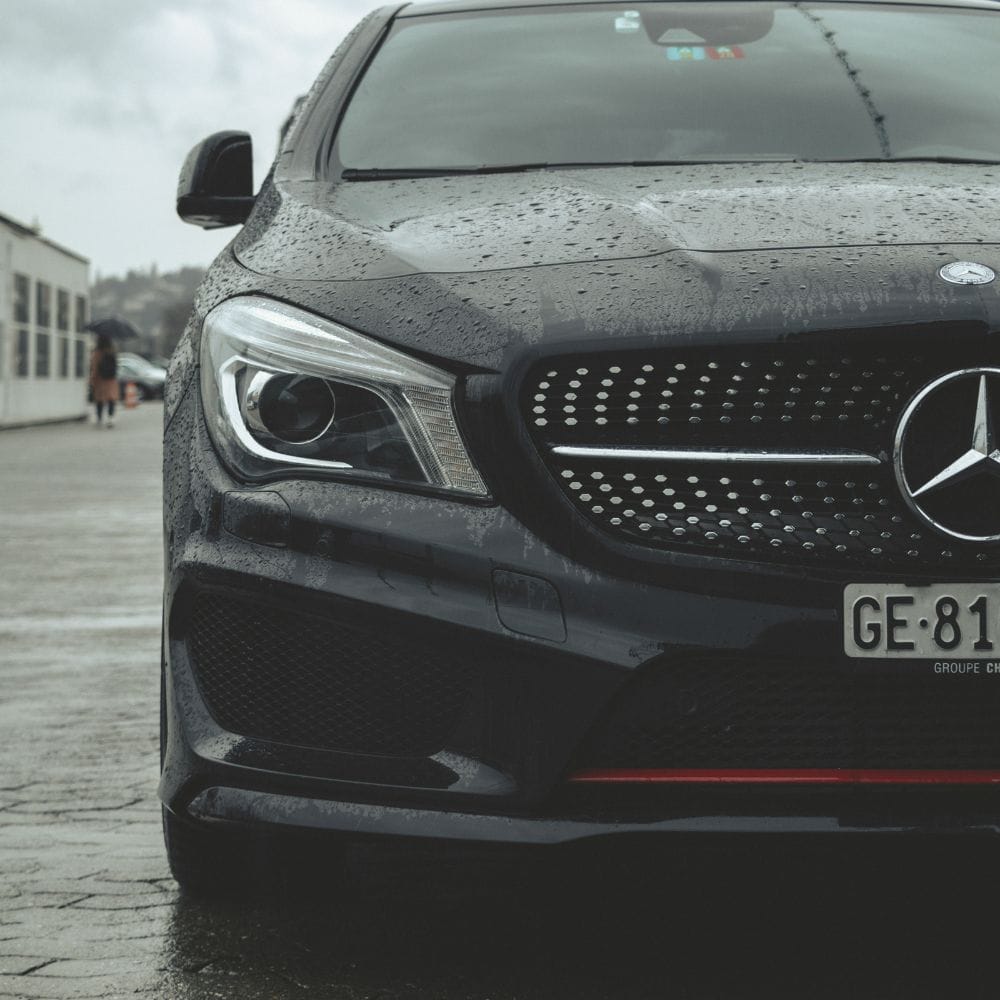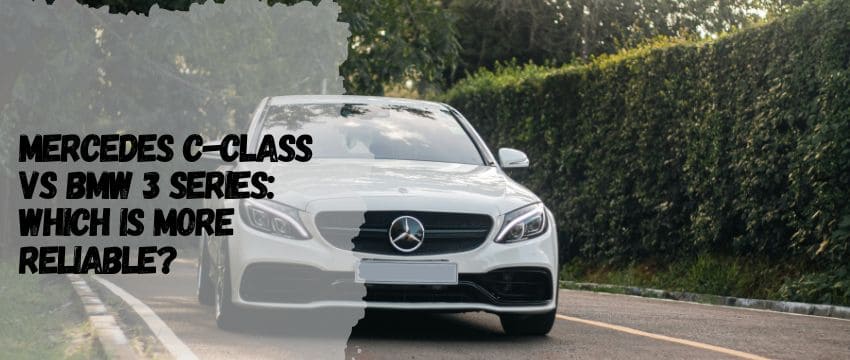Hey there, car lovers! Staring down the Mercedes C-Class and BMW 3 Series like they’re rival dating profiles? I get it—you’re dying to know: Which one won’t leave you stranded or cost a fortune in repairs? Let’s skip the fluff and dive into what actually matters: how these rides hold up when life throws potholes, traffic jams, or that weird dashboard light you’ve been ignoring. Trust me, this isn’t another boring spec sheet rant.
How’s it going with your car-buying stress? Maybe you’ve heard the horror stories—BMWs with electrical gremlins or Mercedes engines that demand more TLC than a rescue puppy. For real, who wants to blow their savings on a car that’s just pretending to be reliable? Let’s talk real-world grit: Which model’s engine can handle daily grunt work without tap-dancing on the edge of a breakdown? What if there was a smarter way to pick between these two without losing sleep? Spoiler: It’s not just about horsepower or leather seats.
Ever feel like car reviews are written by robots? Nice try, algorithms. Let’s get human here. Imagine this: You’re cruising in your new ride, and suddenly—bam—the infotainment glitches or the transmission starts doing interpretive dance. Not cool, right? The C-Class’s turbocharged engine might sound smooth, but how does it fare after 80,000 miles of coffee runs and road trips? And the 3 Series—does its “sporty” rep hold up when the repair bills roll in? Let’s crack open the data (without putting you to sleep). Off the top of my head, J.D. Power rated BMW slightly higher for dependability last year, but Mercedes isn’t exactly slacking. So, what’s the catch? Hint: It’s all about how you plan to drive—and how deep your pockets are when things go sideways.

Let’s Talk Reputations: BMW vs Mercedes
Alright, let’s cut the fluff. BMW and Mercedes? They’ve been throwing shade at each other’s engineering for ages. BMW slaps “Ultimate Driving Machine” on the 3 Series like it’s a badge of honor, while Mercedes sells the C-Class as “luxury that cares.” But what’s the point if your ride can’t handle daily chaos—like surviving bumper-to-bumper traffic without coughing up repair bills? For real, how do those slogans actually translate to your driveway after 100,000 miles or when your latte explodes all over the touchscreen?
How’s it going with the whole “sporty vs. comfy” debate? BMW’s all about that tight cornering and pedal-to-the-metal thrills, which sounds awesome… until you’re stuck replacing a turbocharger. Mercedes? Yeah, their seats feel like clouds, but what good’s a cushy cabin if the suspension starts groaning like it’s 80 years old? Here’s the kicker: Reliability isn’t some marketing buzzword. It’s about whether your car’s still grinning after 5 years of potholes, snowstorms, and your cousin “borrowing” it for a weekend road trip. Off the top of my head, Consumer Reports says BMW edges Mercedes in long-term dependability, but only by a hair—like 3% better. You feelin’ lucky?
Let’s talk about the “vibes” vs. reality. BMW’s got that “zoom-zoom” reputation, but ever heard about their plastic coolant parts cracking after 60,000 miles? Nice try, Germany. Mercedes brags about bulletproof builds, yet some C-Class owners swear their cars develop more rattles than a toddler’s toybox. It’s a long shot, but what if reliability isn’t about the badge? Maybe it’s about how often you’re willing to pop the hood—or how much you’re cool with dropping $1,500 on a sensor fix. How’s that for a reality check?
Engine Reliability: Who Brings the Grunt?
Let’s start under the hood. Both brands offer turbocharged engines, but BMW’s B48/B58 engines (used in the 3 Series) have a cult following for durability. Mercedes’ M264 engine in the C-Class? Solid, but some owners report turbo lag by 80,000 miles.
Here’s the tea: BMW engines are built for drivers who floor it on highways, while Mercedes focuses on refinement. But if you’re into DIY repairs, BMW’s modular designs might save you headaches. Mercedes’ parts? Pricier, but they’re old-school over-engineered.
Tech Glitches: Infotainment Meltdowns
You’re cruising, vibing to Spotify, and—boom—the screen freezes. The worst, right? BMW’s iDrive 8 in the 3 Series is slick but can get buggy after software updates. Mercedes’ MBUX in the C-Class? Gorgeous graphics, but voice commands sometimes act like a moody teen.
Consumer Reports found that 15% of 2023 C-Class owners reported tech issues in the first year, versus 10% for the 3 Series. Not a huge gap, but enough to make you side-eye that touchscreen.
Maintenance Costs: Wallet-Friendly or Wallet Murder?
Let’s talk cash. BMWs are stereotyped as money pits, but the 3 Series has gotten cheaper to maintain over the years. Mercedes? The C-Class’s maintenance plan covers the first 2 years, but after that, prepare for premium prices.
Here’s the breakdown:
- Oil change for BMW 3 Series: \$150–\$250
- Oil change for Mercedes C-Class: \$200–\$350
Yikes. But hey, both recommend synthetic oil, so you can’t skimp.
Long-Term Reliability: Who Survives the Decade?
Wanna keep your car past 200,000 miles? BMW’s 3 Series has a rep for hitting high mileage if you baby the timing chain and coolant system. Mercedes C-Class? Its 9-speed transmission can get fussy after 7–8 years, but the engine? Legit tank.
A 2023 J.D. Power study ranked BMW 12th and Mercedes 15th in dependability. Close, but BMW squeaks ahead. Still, both beat Audi. Shots fired.

Real-World Owner Feels
I hit up Reddit and forums (shoutout to r/cars). BMW 3 Series owners complain about electrical gremlins—think window regulators dying mid-rainstorm. Mercedes C-Class drivers? Suspension issues and “why is this trim rattling?!”
But here’s the vibe: BMW fans tolerate repairs for the driving thrill. Mercedes loyalists swear by comfort, even if the check-engine light photobombs their road trips.
The Verdict: Should You Swipe Right?
If you want a car that’s fun first, BMW 3 Series takes the crown. But if you’d rather chill in a rolling living room, the Mercedes C-Class won’t let you down—just keep a repair fund.
Neither’s perfect, but hey, what car is? At least you’re not stuck with a minivan.
Main Features at a Glance
Mercedes C-Class | BMW 3 Series |
|---|---|
Turbo 4-cylinder base engine | Turbo 4-cylinder base engine |
Standard adaptive suspension | Sport-tuned suspension |
11.9-inch touchscreen | 14.9-inch curved display |
Heated front seats standard | Heated steering wheel optional |
Up to 35 MPG highway | Up to 36 MPG highway |
Your Questions, Answered
Which one is more reliable, BMW or Mercedes?
Off the top of my head, BMW edges out Mercedes by a hair. The 3 Series scored slightly higher in J.D. Power’s 2023 dependability study, and owners report fewer drivetrain hiccups. But Mercedes isn’t far behind—it’s like choosing between sushi and tacos. Both rock, but one might vibe with your lifestyle more.
Do BMWs last longer than Mercedes?
Totally depends on maintenance. A BMW 3 Series can hit 200,000+ miles if you replace the timing chain and coolant regularly. Mercedes C-Class engines are sturdy, but their transmissions need more TLC. Treat either right, and they’ll stick around for your next three midlife crises.
Is the Mercedes C-Class reliable?
For real? Yeah, but it’s got quirks. The 2021–2023 models fixed earlier electrical bugs, so aim for those years. Avoid the air suspension option unless you’re cool with \$2,000 repairs. Overall, it’s a safe bet if you dig comfort over sportiness.
Which car has the best engine, BMW or Mercedes?
BMW’s B58 inline-6 (available in the M340i) is a legend—smooth, powerful, and tuner-friendly. Mercedes’ AMG-enhanced engines pack punch but drink more gas. If you’re a speed freak, BMW’s your jam. If you want refined power, Mercedes slays.
Is BMW or Mercedes cheaper to maintain?
BMW, surprisingly. Over 10 years, the 3 Series costs about \$13,000 in maintenance versus the C-Class’s \$15,000. Both suck compared to a Toyota, but hey, luxury’s a vibe. Just don’t forget: German cars love pricey parts.
Feeling under the weather about your choice? Chill—you can’t go wrong. Test drive both, binge-watch YouTube reviews, and follow your gut. Either way, you’re rolling in style.
Our team is creating outdoor-gear relevant articles with passion. If our articles can help you to find the correct solutions for your questions, we will be happy about that. In the content creation process, we usually collect accurate and useful information online or offline to compile our content in an organized way. Consequently, we can guarantee that you can discover some expected answers to your questions. We appreciate your time on our site.










